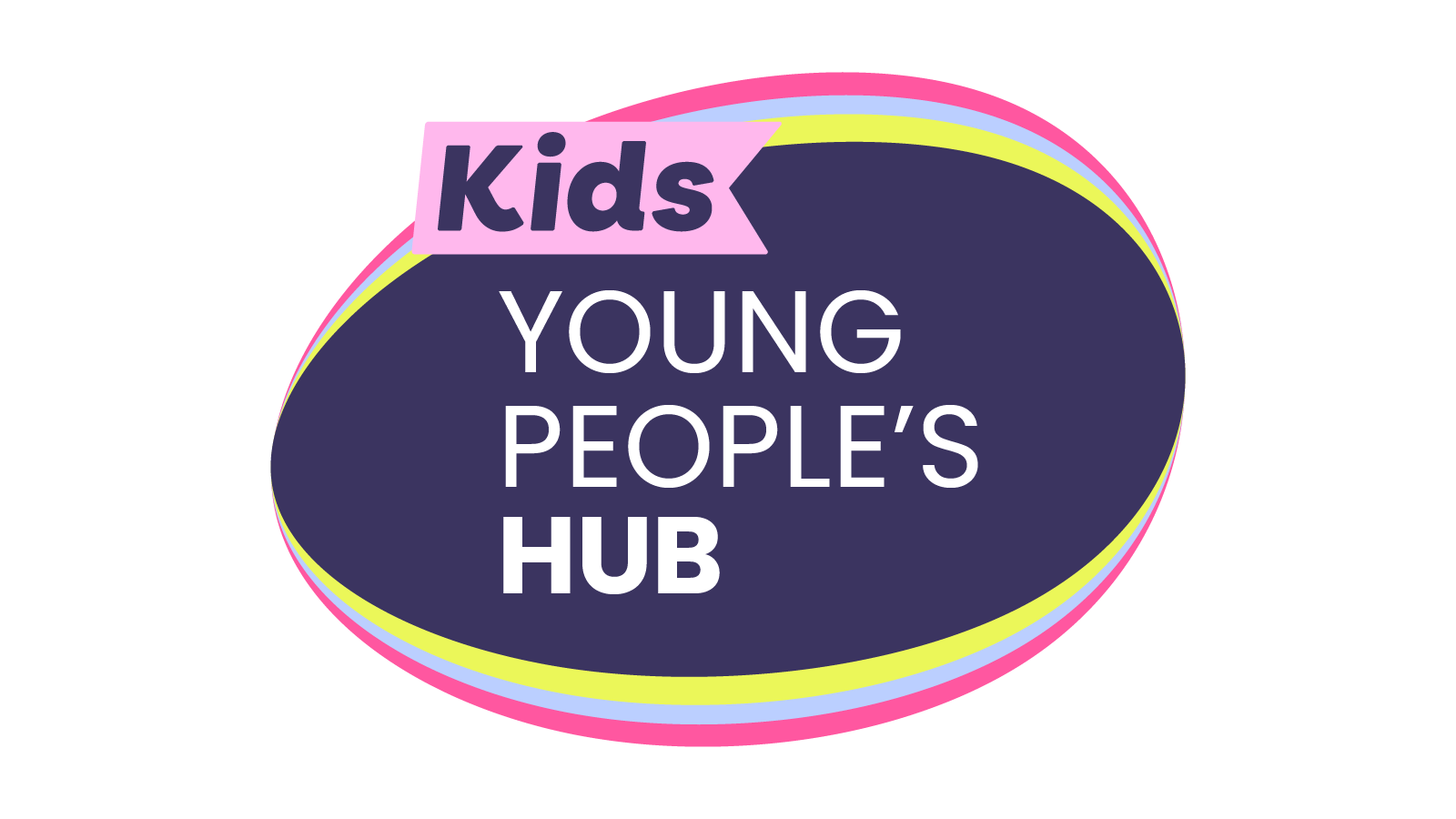SEND Advice
ADHD
What is ADHD?
ADHD stands for Attention Deficit Hyperactivity Disorder. It’s one of the most common conditions affecting how the brain develops and works, and you’re definitely not alone if you have ADHD.
It’s not a choice. It’s not laziness. And it’s not ‘being naughty’. It’s a difference in your brain that can make things like focusing, staying organised, sitting still or controlling impulses a lot harder than for other people.

What are the Signs of ADHD?
ADHD looks different for everyone, but here are some common ways it might show up (or a mix of them):
Inattention
Trouble paying attention, getting easily distracted, forgetting things, and struggling to stay organised.
Hyperactivity
Feeling restless, fidgeting, talking too much, or having a hard time sitting still when you need to be.
Impulsivity
Acting or speaking without thinking first, interrupting others, or having difficulty waiting your turn.
Check out our ADHD articles


ADHD and You
For a lot of young people, ADHD can make school, friendships, and just managing day-to-day life a real challenge.
But the good news is that there are lots of ways to manage it, and it often comes with a lot of strengths too – things like creativity, high energy, and the ability to hyperfocus on things you really care about.

Wondering if you have ADHD?
Wondering if you have ADHD? Getting a diagnosis can help explain things and get support if you need it. The process usually involves:
- Talking to your GP or someone who can refer you for an assessment
- Meeting with specialists who ask questions and listen to your experiences
- Receiving a diagnosis, or not. But either way, it’s about understanding yourself better.
You don’t need a diagnosis to relate to having ADHD traits – some people find it helpful, others don’t. It’s totally up to you.
Learn more on the Kids website
The Kids website has a selection of articles, workshops and more to help you, parent and carers navigate autism
- Articles about autism, ADHD, and SEND in education
- Workshops and online support for parents and carers to attend

Some useful links...
These sites might be useful for you to explore and discover different aspects of autism
